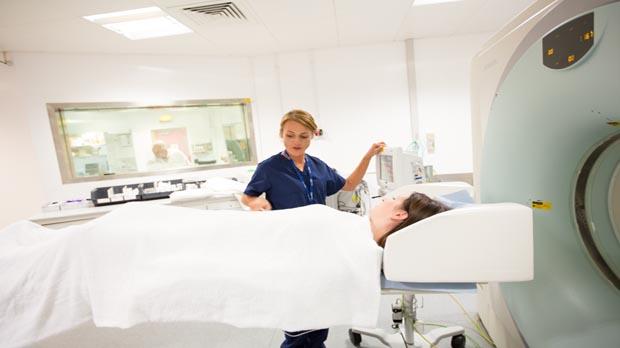
Around 1 in 5 people diagnosed with cancer in the UK take part in a clinical trial.
This trial was done to find out if taking selenium and vitamin E supplements can reduce the chance of early bladder cancer coming back (recurring).
The trial was supported by Cancer Research UK. It was open for people to join between 2007 and 2011. The team published the results in 2023.
Doctors usually treat non muscle invasive bladder cancer with surgery. After that, they may give chemotherapy into the bladder, or immunotherapy such as BCG. But sometimes the cancer comes back or starts to grow again.
Selenium and vitamin E are nutrients found in a healthy balanced diet. These nutrients may reduce the risk of getting some types of cancers, including bladder cancer. But researchers wanted to find out if taking selenium and vitamin E supplements can help people who already have bladder cancer.
There were 4 treatment groups in this trial:
They took the tablets and capsules for up to 5 years.
The main aim of this trial was to find out whether these supplements can reduce the risk of early bladder cancer coming back.
It took longer to find people to join the trial than the research team were expecting. They decided to close the trial a bit earlier than planned.
A total of 270 people joined the trial. They were put into a treatment group at random:
The trial team looked the number of people whose cancer had started to grow again.
The results showed there was no difference between those who took selenium and those who didn’t. But the cancer came back in more people who took vitamin E than those who didn’t.
The trial team calculated the number of people whose cancer is not likely to come back within 5 years of joining the trial.
This was:
They also looked at whether the cancer got worse (progressed), how many people had died and how long people lived. They found this was similar in all the groups.
Side effects
No one taking part had any side effects caused by the selenium tablets or the vitamin E capsules.
Conclusion
The trial team concluded that:
Sometimes trials show that something isn’t useful for a particular type or stage of cancer. But these trials are important and still add to our knowledge and understanding of cancer and how to treat it.
More detailed information
There is more information about this research in the reference below.
Please note, the information we link to here is not in plain English. It has been written for healthcare professionals and researchers.
Selenium and Vitamin E for Prevention of Non–Muscle-Invasive Bladder Cancer Recurrence and Progression. A Randomized Clinical Trial.
R T Bryan and others
JAMA, 2023. Volume 6, issue 10.
Where this information comes from
We have based this summary on the information in the article above. This has been reviewed by independent specialists ( ) and published in a medical journal. We have not analysed the data ourselves. As far as we are aware, the link we list above is active and the article is free and available to view.
) and published in a medical journal. We have not analysed the data ourselves. As far as we are aware, the link we list above is active and the article is free and available to view.
Please note: In order to join a trial you will need to discuss it with your doctor, unless otherwise specified.
Professor Richard T Bryan
Birmingham and the Black Country Comprehensive Local Research Network
Cancer Research UK
NIHR Clinical Research Network: Cancer
School of Cancer Sciences (University of Birmingham)
This is Cancer Research UK trial number CRUK/05/28.
If you have questions about the trial please contact our cancer information nurses
Freephone 0808 800 4040

Around 1 in 5 people diagnosed with cancer in the UK take part in a clinical trial.